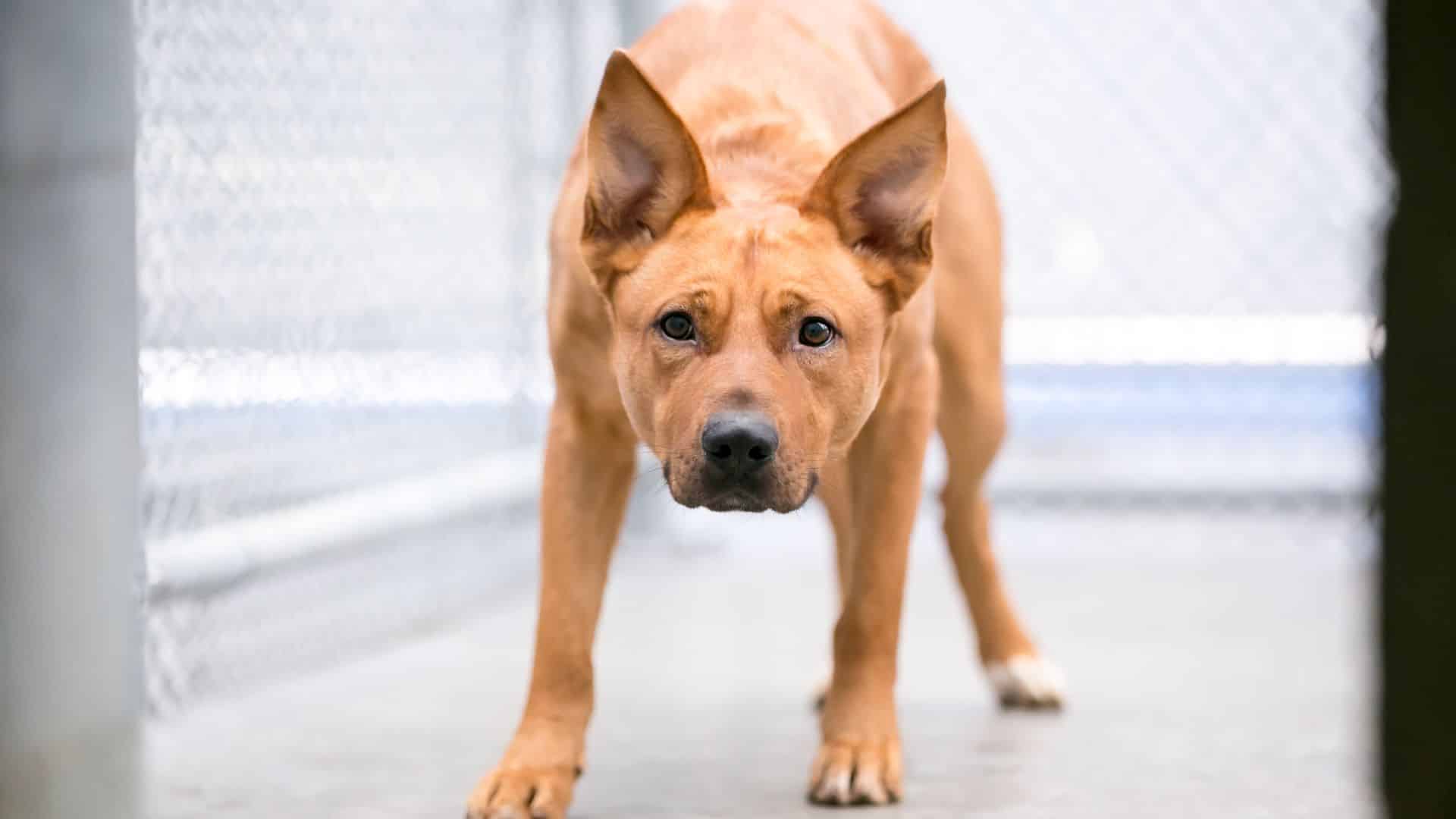As pet lovers and pet business owners, it's essential to recognize that not all dogs are carefree and confident.
Dog Anxiety Awareness Week is a timely reminder to shine a light on the challenges faced by anxious dogs and the importance of understanding and supporting them in our pet businesses.
In this blog post, we'll explore practical tips for dealing with anxious dogs to ensure their well-being and comfort in your pet business.
1. Create a Calming Environment:
Establish a welcoming and calming atmosphere in your pet business. Use soothing colours, gentle lighting, and calming music to create a peaceful ambiance that helps reduce stress and anxiety for dogs.
Provide comfortable resting areas where anxious dogs can retreat to if they feel overwhelmed. Offer cosy beds, blankets, or quiet corners where they can relax and decompress away from the hustle and bustle.
2. Practice Patience and Empathy:
Understand that anxious behaviour in dogs is often a response to fear or uncertainty. Approach anxious dogs with patience, empathy, and understanding. Avoid rushing or forcing them into uncomfortable situations.
Take the time to build trust and rapport with anxious dogs. Use positive reinforcement techniques, such as treats and praise, to encourage calm behaviour and create positive associations with your pet business.
3. Implement Stress-Relief Techniques:
Incorporate stress-relief techniques into your interactions with anxious dogs. Gentle massage, aromatherapy, and calming pheromone diffusers can help alleviate anxiety and promote relaxation.
Consider offering specialised services, such as calming baths or gentle grooming sessions, tailored to the needs of anxious dogs. These extra measures can help them feel more comfortable and secure in your care.
4. Provide Clear Communication and Boundaries:
Communicate clearly with pet owners about their dog's anxiety triggers, preferences, and coping mechanisms. Understanding their dog's needs allows you to tailor your approach and provide personalised care.
Establish clear boundaries and routines to help anxious dogs feel safe and secure. Consistency in scheduling, handling, and expectations can help reduce anxiety and uncertainty in unfamiliar environments.
5. Educate Staff and Clients:
Invest in staff training to educate your team about dog behaviour, body language, and handling techniques, particularly when dealing with anxious dogs. Equip them with the knowledge and skills to recognize and respond appropriately to signs of anxiety.
Educate pet owners about the importance of proactive management and support for anxious dogs. Provide resources, such as informational handouts or online guides, to help them understand and address their dog's anxiety.
By prioritizing the well-being and comfort of anxious dogs in your pet business, you not only ensure their happiness and safety but also foster trust and loyalty among pet owners. Dog Anxiety Awareness Week serves as a reminder to advocate for understanding and support for anxious dogs, promoting a compassionate and inclusive environment in our pet businesses.
Together, let's work towards creating a more inclusive and supportive space for all dogs, regardless of their anxiety levels!

